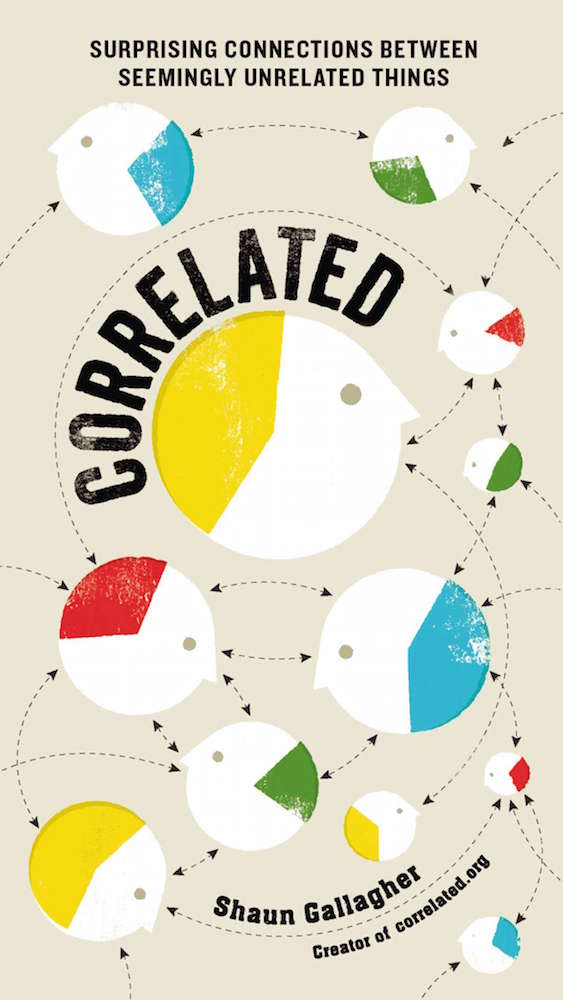When to Shut Up: A Visual Guide (with included algorithm)
From time to time, many of us find ourselves delivering speeches of various sorts: best-man toasts, employee training sessions, or extended monologues delivered to a confused Arby's employee.
It can be tricky, however, to determine the optimal duration of such speech.
Below, I've compiled a visual guide to help you figure out when you should put a sock in it.
Following these rules won't necessarily guarantee a successful speech — that largely depends on the quality of the content — but it will guarantee that excessive duration is not the chief complaint.
In addition to the visual guide, I've also included an accompanying algorithm that implements the logic from the guide.

In case you're curious about the format of the flow chart shown in the image above, it's a Drakon chart.
Drakon was developed as part of the now-defunct Soviet space program to produce flow charts with tidy control structures.
If you'd like to experiment with your own Drakon charts, check out DrakonHub.com
The algorithm
Below is a simple Python algorithm that (roughly) implements the logic shown in the flow chart above.
def when_should_i_shut_up(
threshold = "optimal", # one of: "safe", "optimal", "maximum"
speech_solicited = False,
speaker_prepared = False,
speech_outlined = False,
speaker_experienced = False,
audience_knows_time = False,
speech_written = False,
audience_paid = False,
speaker_is_jesus = False,
):
if not speech_solicited:
speech_minutes = (0, 0, 1)
elif not speaker_prepared:
speech_minutes = (1, 2, 3)
elif not speech_outlined:
speech_minutes = (2, 2, 3)
elif not speaker_experienced:
speech_minutes = (3, 4, 5)
elif not audience_knows_time:
speech_minutes = (5, 8, 10)
else:
speech_minutes = (15, 30, 60)
if speech_minutes:
if threshold == "safe":
result = speech_minutes[0]
elif threshold == "optimal":
result = speech_minutes[1]
else:
result = speech_minutes[2]
if speaker_experienced or audience_knows_time:
if speech_written:
result = int(result * 1.2)
if audience_paid:
result = result + (30 if threshold != "maximum" else 60)
if speaker_is_jesus:
result = float('inf')
return result



